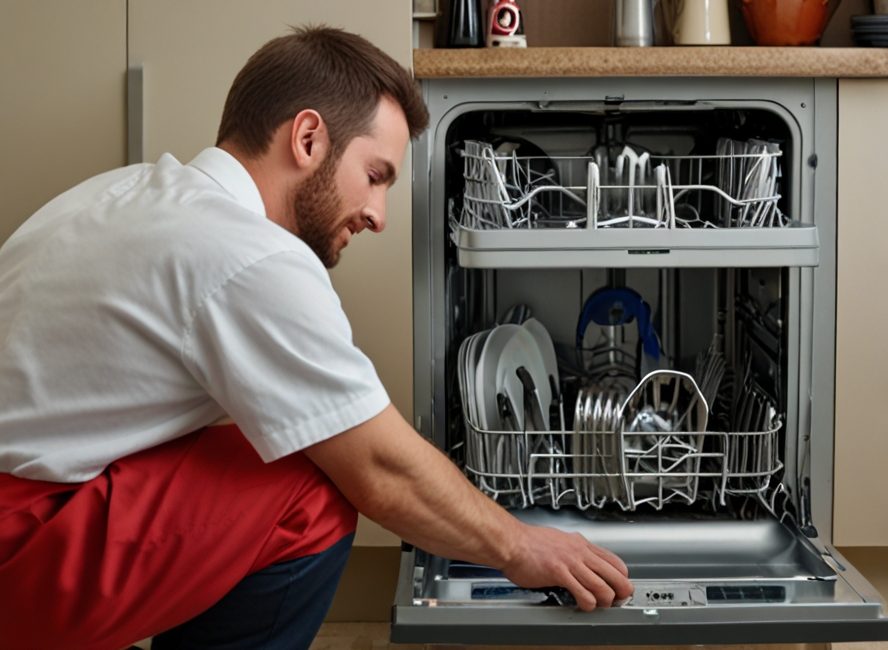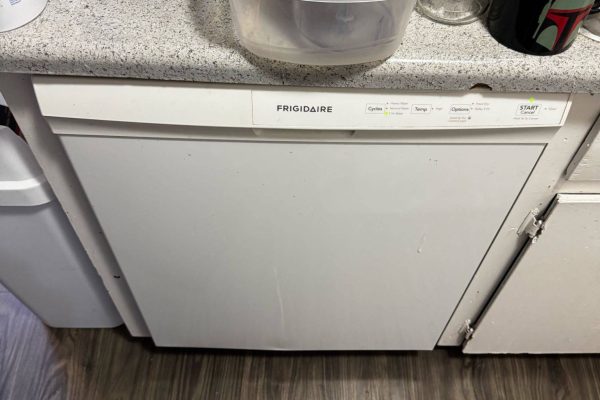Dishwashers have become indispensable appliances in modern kitchens, providing convenience and efficiency in handling daily chores. However, not all dishwashers are created equal, and their longevity can vary significantly based on the brand, model, and usage patterns. In this article, we will compare the average service life of different dishwasher brands, exploring what contributes to their durability and offering insights into making a more informed purchase.
Understanding Dishwasher Lifespan
The lifespan of a dishwasher is influenced by several factors, including the quality of components, build quality, frequency of use, maintenance, and the conditions in which it operates. On average, dishwashers are expected to last between 7 to 12 years. However, some brands consistently produce models that exceed or fall short of this range.
Leading Dishwasher Brands and Their Average Lifespans
Bosch dishwashers are renowned for their German engineering and robust build quality. These appliances are often praised for their quiet operation and efficient cleaning performance. On average, Bosch dishwashers have a service life of about 10 to 12 years. This longevity is attributed to high-quality components and advanced technology, such as their AquaStop leak protection system and EcoSilence motor, which reduce wear and tear.
Miele is another German brand known for its premium appliances. Miele dishwashers are designed to last up to 20 years, significantly higher than the industry average. This impressive lifespan is due to rigorous testing, superior materials, and innovative features like the AutoOpen drying system and the 3D MultiFlex tray, which ensure optimal performance and durability.
KitchenAid dishwashers are a popular choice in North America, known for their solid performance and reliability. The average lifespan of a KitchenAid dishwasher is approximately 10 years. They feature powerful motors and high-quality stainless steel interiors that contribute to their durability. The brand’s focus on powerful cleaning and drying capabilities also helps maintain the appliance’s longevity.
Samsung dishwashers offer a mix of affordability and advanced features, such as their Zone Booster technology and AutoRelease door. However, their average service life tends to be slightly lower, around 7 to 10 years. While Samsung dishwashers are innovative and stylish, some users report issues with longevity, often related to electronic components and sensor malfunctions.
Whirlpool is known for producing reliable and cost-effective appliances. Their dishwashers generally have an average lifespan of 9 to 10 years. Whirlpool models emphasize straightforward functionality and ease of repair, which can contribute to their durability. Regular maintenance and proper usage can help extend the life of these appliances.
GE dishwashers are widely used in both residential and commercial settings. They have an average lifespan of about 10 years. GE models are appreciated for their robustness and the brand’s extensive service network, which makes repairs and maintenance more accessible. Features like the Piranha hard food disposer and advanced wash systems help maintain performance over time.
Frigidaire dishwashers are often chosen for their affordability and decent performance. The average lifespan of a Frigidaire dishwasher is around 7 to 10 years. While they may not offer the high-end features of more expensive brands, Frigidaire dishwashers are dependable workhorses when used and maintained properly.
Factors Influencing Dishwasher Lifespan
Several factors contribute to the longevity of dishwashers, regardless of the brand:
Usage Frequency: Dishwashers that are used more frequently will naturally experience more wear and tear, potentially shortening their lifespan. However, regular use with proper maintenance can keep them functioning optimally.
Water Quality: Hard water can cause mineral buildup in the dishwasher’s internal components, leading to decreased efficiency and increased wear. Using water softeners or regularly descaling the appliance can mitigate these effects.
Maintenance: Regular maintenance, such as cleaning the filter, checking and replacing worn parts, and using the right detergents, can significantly extend the life of a dishwasher.
Installation Quality: Proper installation ensures that the dishwasher operates under optimal conditions. Improper installation can lead to issues like leaks and electrical problems, which can reduce the appliance’s lifespan.
Usage Practices: Avoiding overloading the dishwasher, using the appropriate wash cycles, and pre-rinsing dishes can help prevent strain on the appliance and extend its service life.
The average service life of dishwashers varies across different brands, with premium brands like Miele and Bosch leading the pack with longer lifespans. However, even more affordable brands like Whirlpool and Frigidaire offer reasonable durability when maintained properly. Understanding the factors that influence a dishwasher’s lifespan can help consumers make informed decisions and maximize the value of their investment.
When choosing a dishwasher, it is essential to consider not just the upfront cost but also the long-term reliability and service life. Regular maintenance and proper usage are key to ensuring that any dishwasher, regardless of brand, continues to perform efficiently for many years.
We have appliance repair experts available today! Call a professional Poway Appliance Repair Service Center technician by phone or book your service.
Our service center is open 24/7, so you can easily schedule a convenient repair time. The specialist will arrive at the agreed time, carry out a diagnosis, and, if necessary, offer repairs. If you are willing, your appliance will be repaired directly on-site within 1-2 hours. We provide top-notch service at an affordable price!
Contact us


